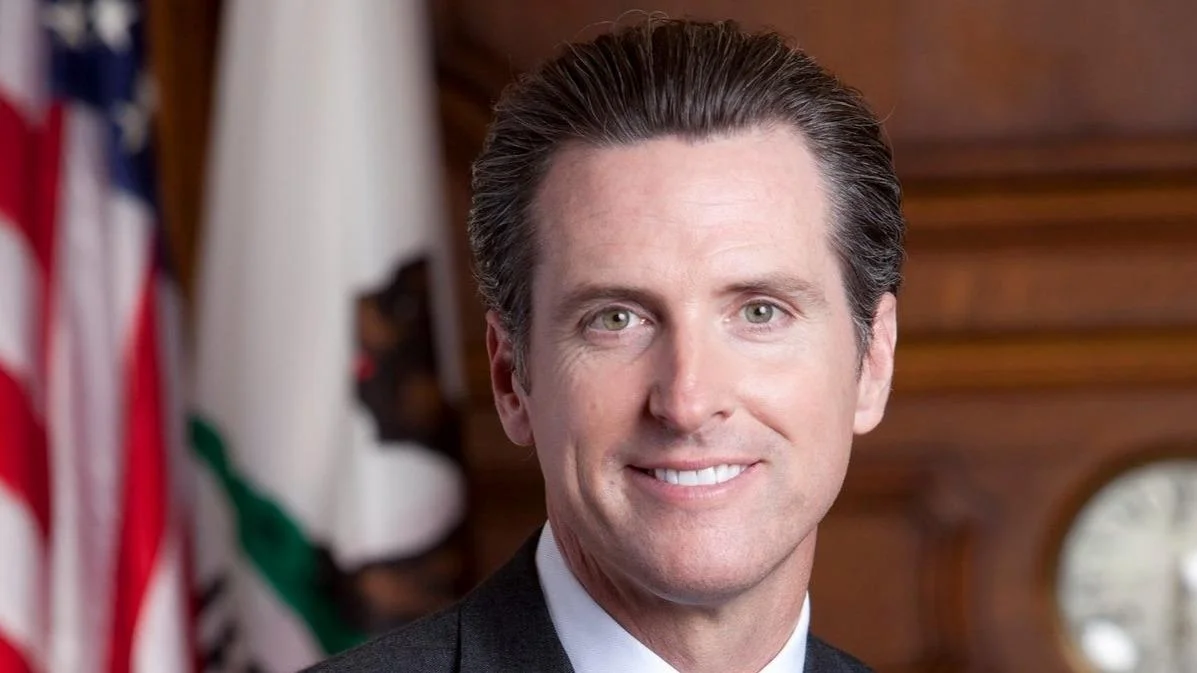
Gavin Newsom, Governor of California | Official website
California Governor Gavin Newsom has expressed support for a new legislative package introduced by state lawmakers, aimed at responding to actions taken by the Trump Administration and Republican-led states regarding election procedures. The proposal, known as Proposition 50, would allow California voters to push for greater congressional oversight of the Trump Administration if certain conditions are met.
“California and Californians have been uniquely targeted by the Trump Administration, and we are not going to sit idle while they command Texas and other states to rig the next election to keep power — pursuing more extreme and unpopular policies. This proposal would give Californians a choice to fight back — and bring much needed accountability and oversight to the Trump Administration,” said Governor Gavin Newsom.
The legislative package consists of several measures:
- Assembly Constitutional Amendment 8 (Rivas, McGuire) would enable Californians to approve a temporary Congressional map designed to counteract partisan redistricting in states like Texas, Florida, Indiana, or others led by Republicans.
- Senate Bill 280 (Cervantes, Pellerin) outlines how a statewide special election for Proposition 50 would be conducted and funded. The special election is scheduled for November 4, 2025.
- Assembly Bill 604 (Aguiar-Curry, Gonzalez) details the creation of temporary Congressional District Maps that could be used if other states implement mid-cycle gerrymanders.
Governor Newsom announced this framework last week in Los Angeles at the Democracy Center alongside representatives from organizations such as Planned Parenthood, labor unions, community groups, educators, and elected officials from different levels of government.
According to state officials, California’s efforts against federal policies have helped recover about $168 billion in federal funding. This follows actions taken during a special session earlier this year focused on protecting Californian interests. The state spent $5 million on related litigation efforts which reportedly resulted in a significant return on investment.
 Alerts Sign-up
Alerts Sign-up